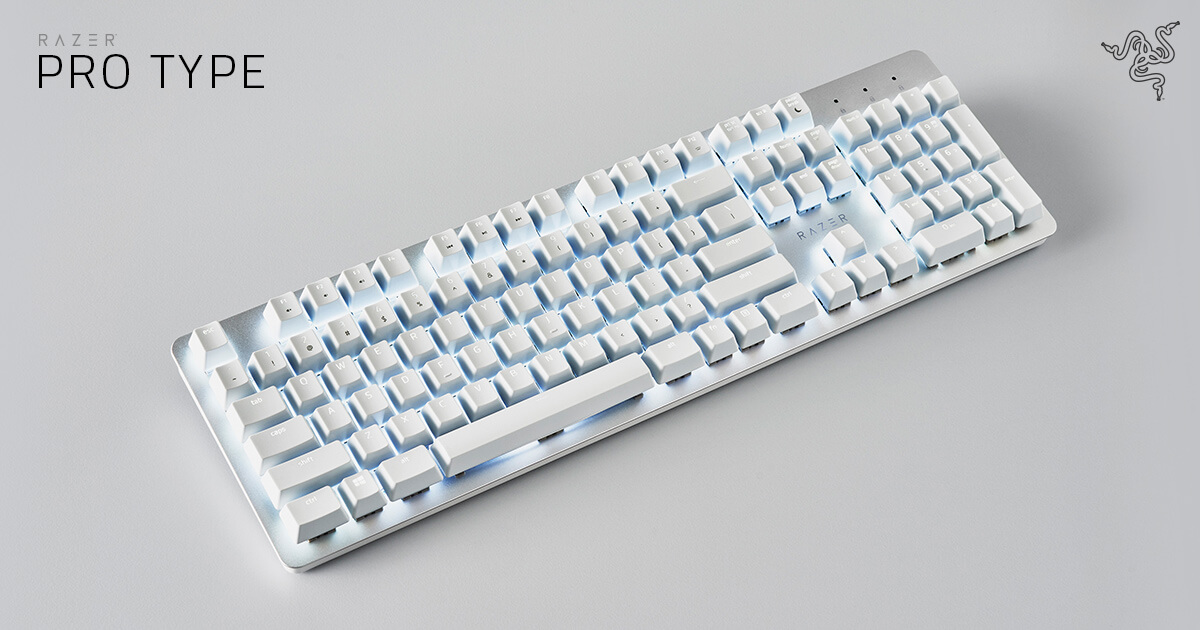I love writing, but being so preoccupied with so many things, I just can't find the time to sit at a word processor and type. I know, a first world problem for sure. But, I thought a bit deeper, and perhaps, writing limits my thoughts? Speaking my mind may give me an added...creative outlet?
I just started exploring this with Microsoft word, no it is not anything new or novel, but wow...gives me the freedom to speak my mind and format it...
Who prefers to type? Who prefers to talk? Does a script become better either way?
This is just a question, I have zero idea which is better, I personally enjoy the fact of speaking ideas (especially as I go via mobile phone) ...and later revising them for text. Although, I have been too busy to really focus on either or, which just sucks.
EDIT: My best writing, I feel has come from using an actual pen...so perhaps that is the answer to great screenwriting?
Thanks
I just started exploring this with Microsoft word, no it is not anything new or novel, but wow...gives me the freedom to speak my mind and format it...
Who prefers to type? Who prefers to talk? Does a script become better either way?
This is just a question, I have zero idea which is better, I personally enjoy the fact of speaking ideas (especially as I go via mobile phone) ...and later revising them for text. Although, I have been too busy to really focus on either or, which just sucks.
EDIT: My best writing, I feel has come from using an actual pen...so perhaps that is the answer to great screenwriting?
Thanks
Last edited:




 ) but if I'm in the "formative" stage of a project, I usually prefer to scribble words, phrases, numbers, symbols, whatever on a page (or several pages).
) but if I'm in the "formative" stage of a project, I usually prefer to scribble words, phrases, numbers, symbols, whatever on a page (or several pages).
 Unlike those superb keyboards you find on the finest smartphones! Jeez, I hate using a phone to type anything more than a quick hello.
Unlike those superb keyboards you find on the finest smartphones! Jeez, I hate using a phone to type anything more than a quick hello.